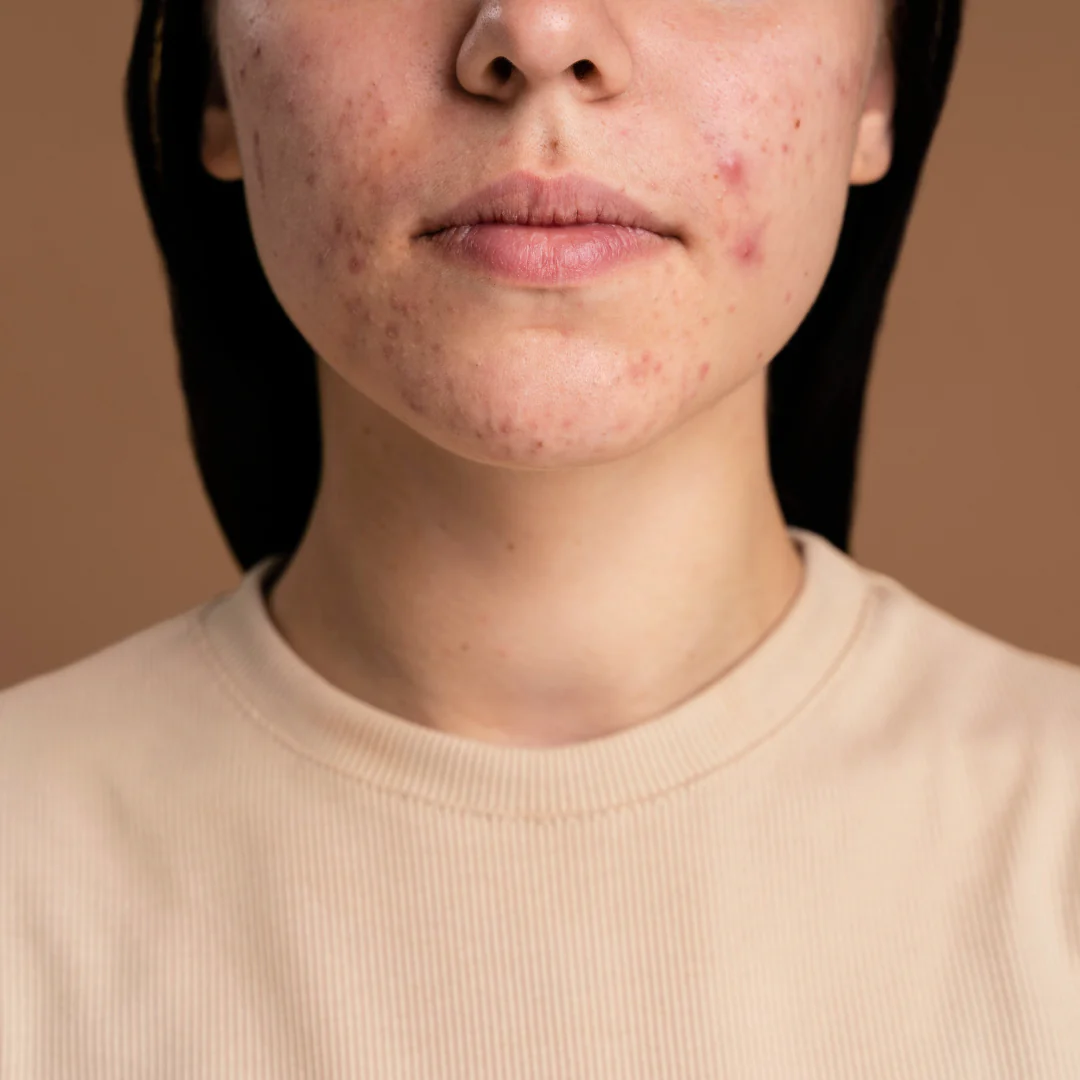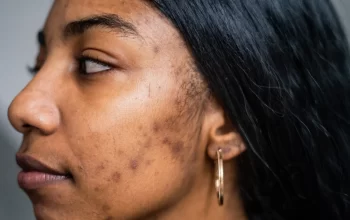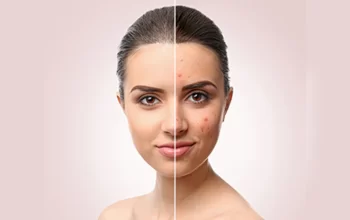If acne does not improve with over-the-counter medicines, patients should see a dermatologist immediately. Acne lesions that have grown large or painful could require surgical removal.
Education should include explaining that acne differs between individuals, fluctuating within an individual patient over time and can fluctuate over time. Tips may include avoiding oily skincare products and not picking or scrubbing acne lesions directly.
Preventing Acne Scars
Acne is a common skin condition, but it can sometimes result in permanent scarring. Scars form when your body attempts to repair damage by creating new tissue that is both stronger and less flexible than what existed originally.
Acne is caused when pores become clogged with excess oil (sebum), dead skin cells, and bacteria living on our skin. Once blocked, this leads to redness and pus-filled pimples arising within them.
Early treatment can help stop mild blemishes from worsening into widespread blackheads and whiteheads or deep, painful cysts and nodules, while also discouraging people from picking at their blemishes, which increases infection and increases scarring risks. Avoid oily cosmetics, hairstyling products with oil, sun exposure and any irritants like oily cosmetics which clog pores; choose noncomedogenic moisturizers which won’t clog your pores!
Medications
Acne is often caused by multiple factors, including excess oil production, clogged pores and Propionibacterium acnes bacteria. Acne treatments can address all these concerns simultaneously to avoid further damage to skin.
Medication used for acne includes both oral and topical treatments, including salicylic acid (an effective beta-hydroxy acid), benzoyl peroxide and retinoids; these agents promote cell turnover while decreasing bacteria on the surface of skin cells. Topical retinoids also help control inflammation responses while decreasing sebum production from skin glands thereby decreasing appearance of acne scars.
Acne medications can also be used to address post-inflammatory hyperpigmentation – dark spots left behind after clearing of pimples, cysts or nodules has subsided – known as post-inflammatory hyperpigmentation that last months after acne has cleared up. Early management can significantly lessen their appearance while supporting healthy skin indefinitely.
Surgery
Acne is more than just skin blemishes; it can affect your self-esteem and lead to scarring. Furthermore, acne cysts – large pus-filled lesions which form deep within the skin and can be painful – are difficult to treat, often disfiguring people in ways which cannot be resolved quickly or permanently.
Pimples, blackheads, and whiteheads can typically be treated effectively using over-the-counter medicines and other treatments available over-the-counter. If you experience nodules or cysts it’s essential that they be seen to by a dermatologist immediately, as these issues can be difficult to treat and could potentially cause permanent damage if left unattended.
Dermatologists use various tools and techniques to reduce acne scars. These include lasers, radiofrequency devices, micro-needling and photodynamic therapy (PDT). PDT involves applying a photosensitizer and then exposing it to light for an extended period. This kills cells responsible for acne lesions while at the same time diminishing redness and swelling associated with lesions as well as helping reduce appearance of scars or improving texture in general.
Diet
Eating healthily is another essential element of maintaining clear skin. Certain foods have been linked with acne outbreaks, such as dairy which may encourage oil (sebum) production in some people, and processed sugars.
Studies have demonstrated that restricting dairy intake – specifically milk and yogurt consumption – may help decrease acne for some individuals. Furthermore, research suggests that following a low glycemic index diet such as Mediterranean style eating could also help.
Keep hair away from your face and use a gentle cleanser that does not over-irritate the skin, as greasy hair can collect sebum and skin residue that clogs pores. Picking or squeezing pimples can lead to infection and slow the healing process, while regular exercise is beneficial in relieving stress which aggravates acne flare-ups. Select makeup and hair products labeled noncomedogenic (won’t clog pores).









